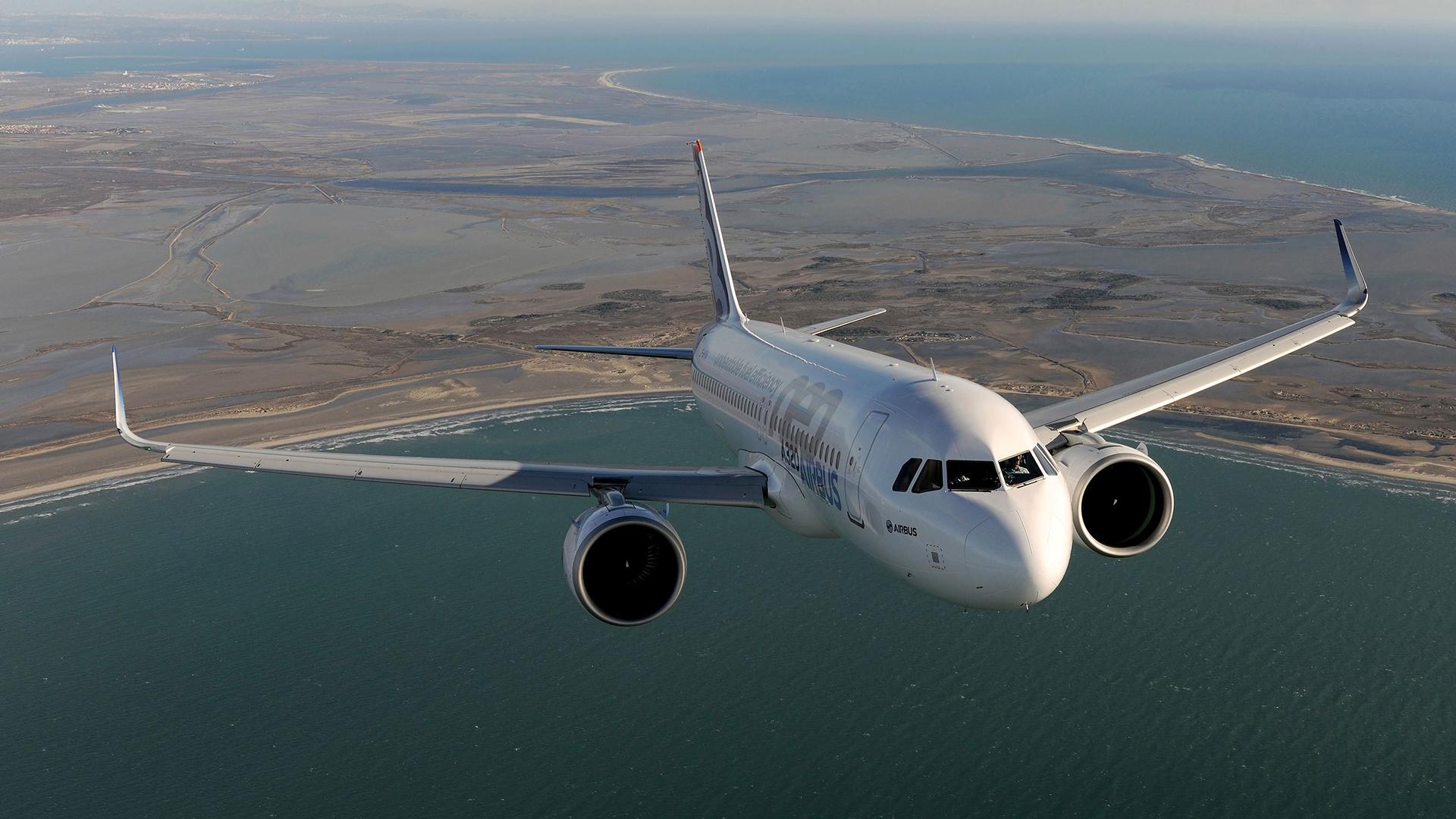
Boeing appears likely to suffer further erosion of its already damaged share of the narrowbody market after two long-term customers switched allegiance to Airbus.
Flag carriers KLM and Qantas will both use the Airbus A320neo family to replace their Boeing 737NG fleets, while KLM subsidiary Transavia will also transition from Boeing single-aisle aircraft to new-generation Airbus equipment.
The engineering arms of KLM and Qantas both offer extensive line and heavy maintenance capabilities on the 737, but it would be surprising to see these wound down with that of the parent fleets given the extensive opportunities that the Boeing aircraft offers for third-party maintenance services.
Furthermore, the replacements will take time, with Qantas estimating about 10 years to replace its 737 fleet.
“This is a long-term renewal plan with deliveries and payments spread over the next decade and beyond, but the similarly long lead time for aircraft orders means we need to make these decisions now,” said Qantas chief executive Alan Joyce.
“Each option delivered on our core requirements around safety, capability and emissions reductions. But when you multiply even small benefits in areas like range or cost across this many aircraft and over the 20 years they’ll be in the fleet, Airbus was the right choice as preferred tenderer,” he added.
The Australian carrier signed an in-principle agreement for 114 aircraft. This covered a firm commitment for 40 aircraft – 20 A321XLRs and 20 A220s aircraft – and a further 94 purchase right options.
Air France-KLM did not provide a timeline for its narrowbody fleet program, but with 150 Boeing 737s at KLM and Transavia, it will surely take some time for leases to expire and a full phase-out to be accomplished.

